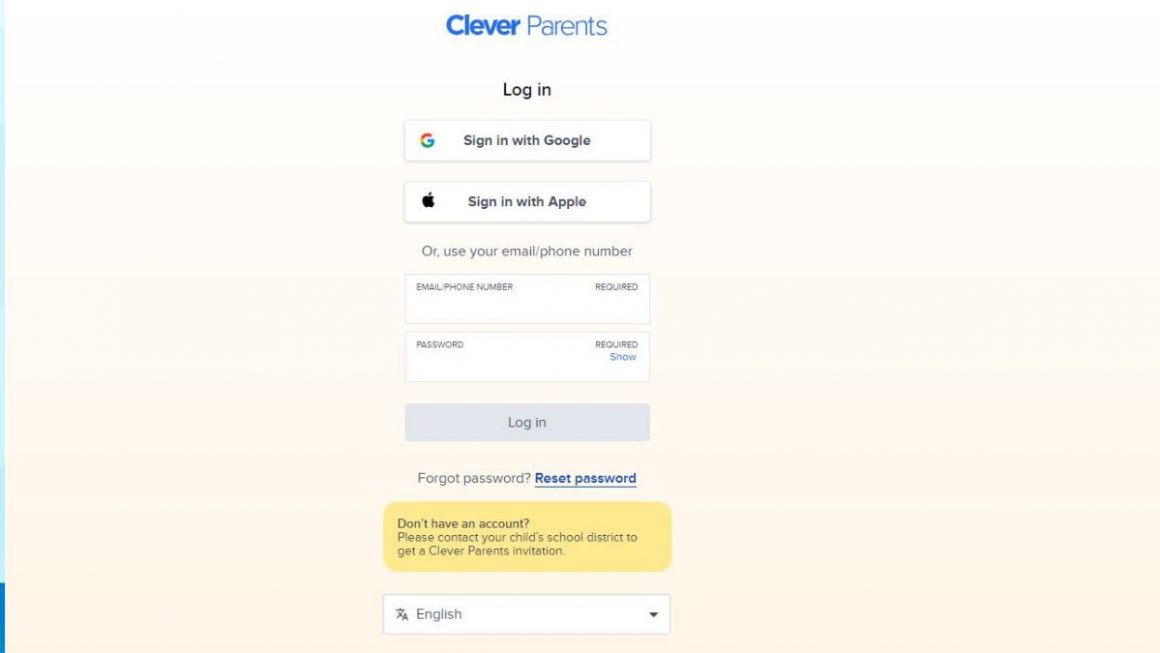Everyone knows the feeling when there is something to do, but laziness. Here’s why laziness arises and how to deal with it.
Why Laziness Arises
We used to think that laziness is something negative. When we are too lazy to do our studies, we scold ourselves and look for ways to get rid of laziness.
To understand how to fight this feeling, it’s necessary to find out what is the reason for not wanting to study.
There may be many such reasons. Here are the main ones.
Lack of Motivation
Example 1. Your company offers free lessons to learn a foreign language. The boss sends you to take the training, simply because everyone has to. However, your professional life is in no way related to the languages, and learning a new language won’t add to your expertise in the work.
In this case: there is no motivation to learn, and laziness arises.
Example 2. You stopped liking your work, and you decided to completely change the field of activity: to master a more interesting profession. You have found an online course that you can take to get into a new profession.
In this case:
- There is motivation to earn more in the future.
- There is an interest in learning a new profession.
- There is a desire to learn in order to achieve the goal.
- And there is no laziness.
Why This Happens
We have the strength for any action, including learning, only when we understand what exactly we need it for and what result we will get. The body doesn’t want to do work that it’s not interested in, but the result of which is needed by someone else.
If we force ourselves to act, watch another boring lesson or do our homework, or even learn a hard strategy for gambling at Hellspin Casino unconsciously there is internal resistance. Laziness emerges. This is a normal reaction to tasks that seem pointless to us.
Psychological and Physical Fatigue
It happens that you have come home from work, fed the family, walked the dog, done all the household chores, and all that is left is to do your homework the study.
It seems that you have an interest in learning, and powerful motivation, but still there is a familiar feeling – laziness.
Why This Happens
When we try to succeed everywhere: to be a good employee at work, to cope with academic assignments, to do our favorite hobbies, and to spend time with family and friends, our body sooner or later gets tired, refuses to obey, begins to rebel and demands a break.
If in this case, you study through force, despite the exhaustion, the protective reaction – laziness – is activated.
So laziness again comes to the rescue and protects us from excessive strain.
Fear
It happens that you have signed up for a course and started to take a course. But something slows you down, does not allow you to go further. Interfere fears:
- Fear of failure. You have no experience in the subject you are studying and you are afraid that nothing will happen.
- Fear of not achieving the desired result. You are used to doing your best, and coping “somehow” does not suit you. You are afraid to make a mistake and do everything wrong.
- Fear that now you will spend energy, money, and time on training, and as a result, you won’t get the result you expected: you won’t find a job where you can apply the received skills, or the salary won’t be what you dreamed it would be.
We may not be aware of these fears, we just get lazy to keep learning.
Why This Happens
Laziness protects us from actions that cause fear and discomfort.
How to Find the Energy to Study
Depending on the length and intensity of your training, coping with laziness and finishing what you start can be easier or harder.
If you have chosen an intensive course of short duration, you just need a little self-discipline and patience.
Longer courses are more difficult. It’s hard to stay motivated and motivated to study for long periods of time. Here are a few great tips on how to find the energy to study, including long courses.
Motivate Yourself
Try to make a list of reasons why you started studying. It could be a career change, an increase in income, moving to another country, or just self-development. Write them down on a piece of paper and reread them whenever you feel like skipping school.
If the course you’re taking has study chats, don’t forget to join them. Chances are you’ll find support there, get to know fellow students, learn the stories of other graduates, and be inspired by them.
Don’t forget to encourage yourself. Come up with small “prizes” for turning in an assignment on time, watching a class without procrastinating, or for other small accomplishments.
Study Regularly, But a Little at a Time
Start with 10 minutes a day. It’s pretty easy to convince yourself to spend 10 minutes rather than hours on a class. Chances are, after 10 minutes you’ll see that you’re already “sucked in” to learning and don’t want to stop. But even if that doesn’t happen, 10 minutes a day is better than nothing.
Break Down Difficult Tasks Into Simpler Ones
You won’t be intimidated to start a task if you break up one big difficult task into several smaller tasks. Do a small chunk each day, and you won’t have to master a large amount of material in a short period of time.
Set Deadlines
If teaching a course doesn’t involve strict deadlines, set them yourself. It’s important to create a sense of urgency, otherwise, you can postpone the tasks for an infinitely long period, or never get to them at all.
Don’t Forget to Rest
You should not practice for several hours in a row. Your brain needs to rest. Set a timer and make short pauses every 30-50 minutes. During the breaks, get away from the computer, go outside, or drink tea.
Besides, leave at least one day a week for complete rest. On this day, don’t touch the study materials at all. This way you will protect your body from overwork and fatigue.
Find a Study Partner
It’s easier to force yourself to do some of the tasks when your work is supervised by someone. Ask a friend or relative to study together and report to each other regularly on the work you’ve done and your progress.
Eliminate Distractions
Eliminate all distractions while you study. Set a time frame in which you do nothing but study and are not distracted by distractions like TV, phone, or talking to family members. Allocate a separate room for studies. This makes it easier for you to concentrate on the tasks and cope with them more quickly.
Don’t Focus on Results
Don’t strive to do everything perfectly, to the highest grade. The main thing is not what grade you get, but what skills you acquire in the process of learning.












